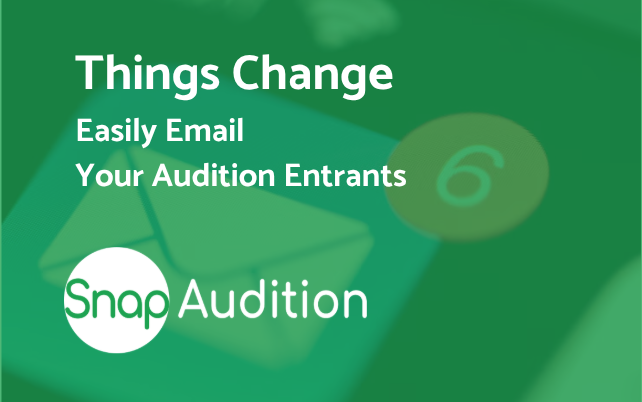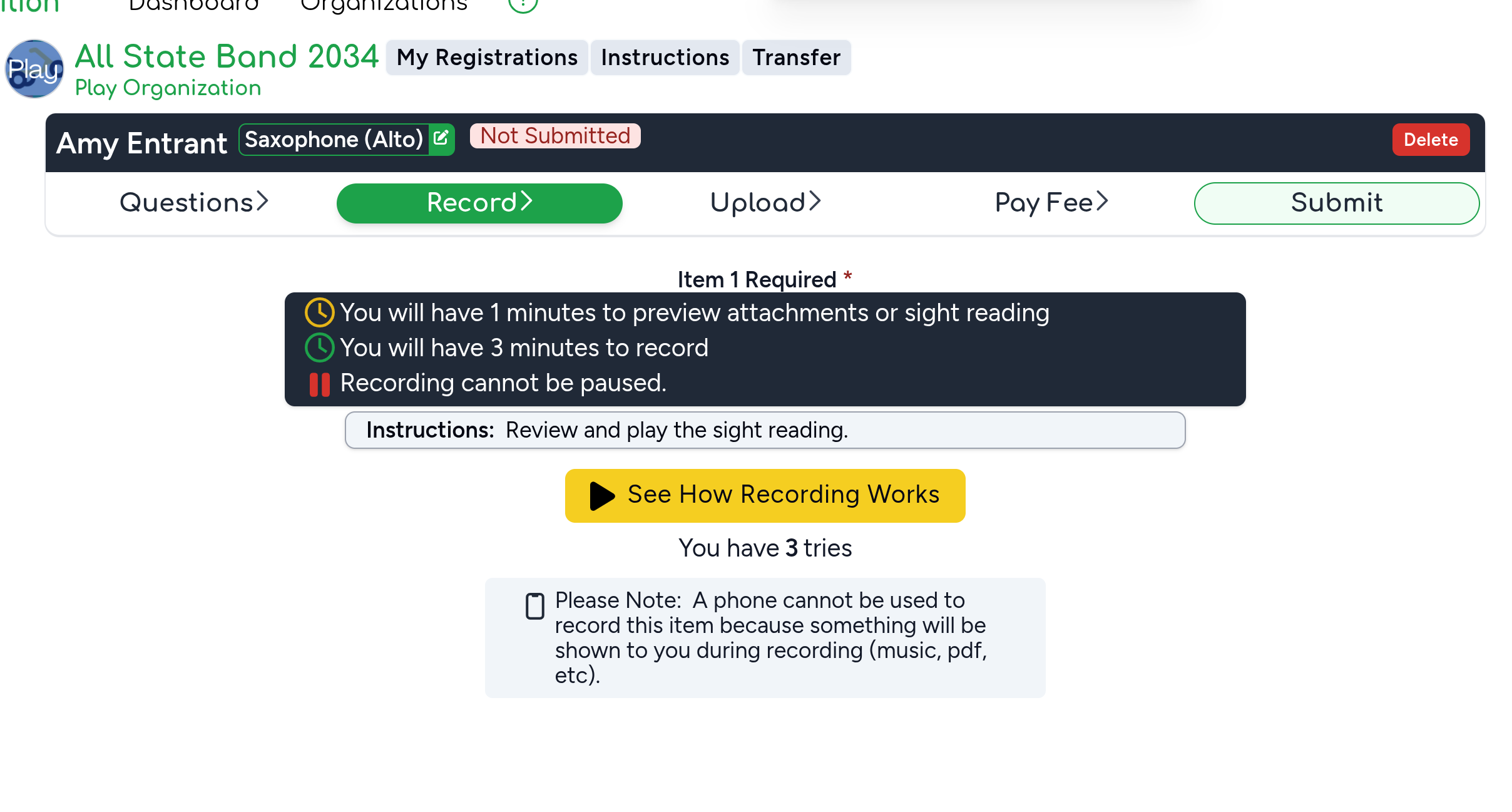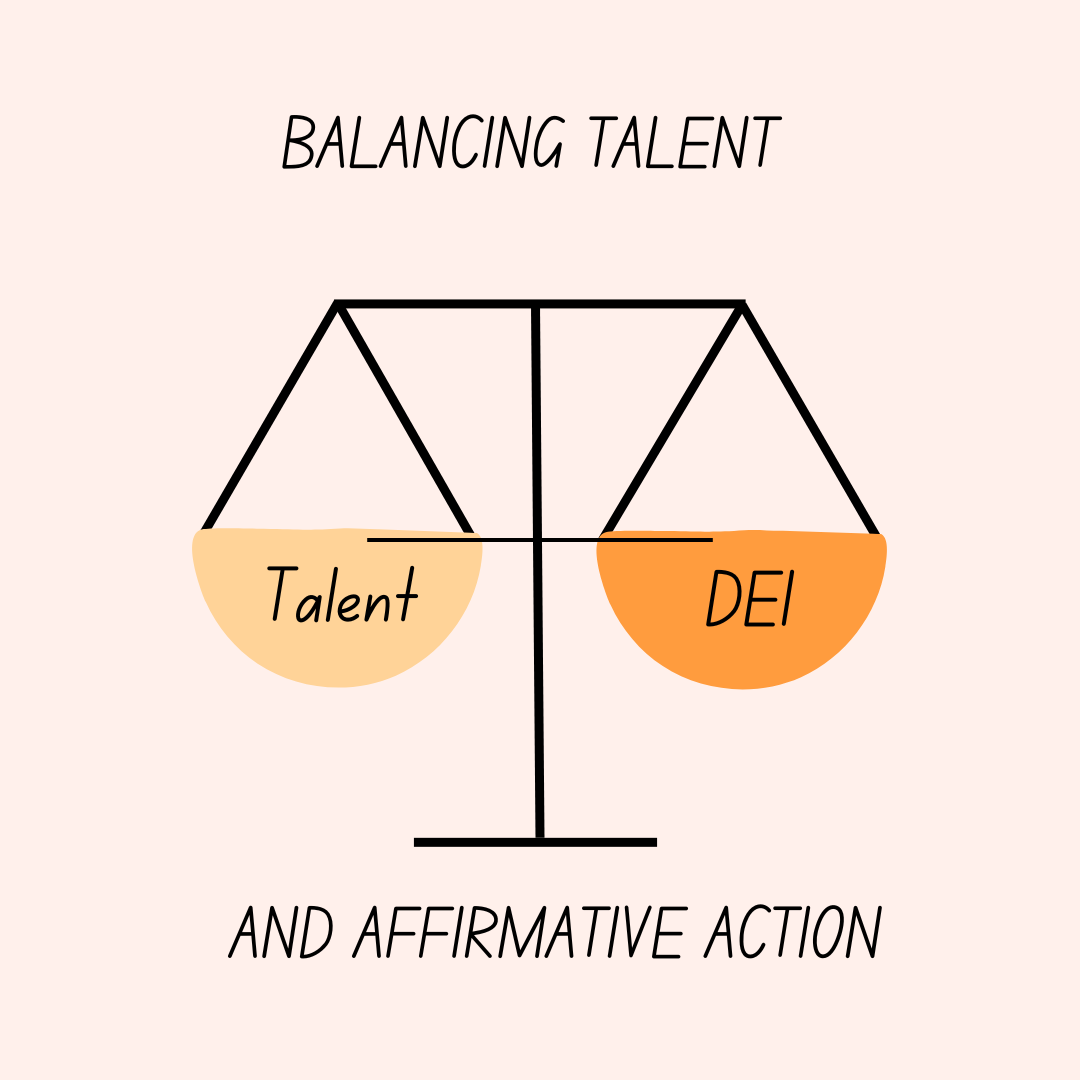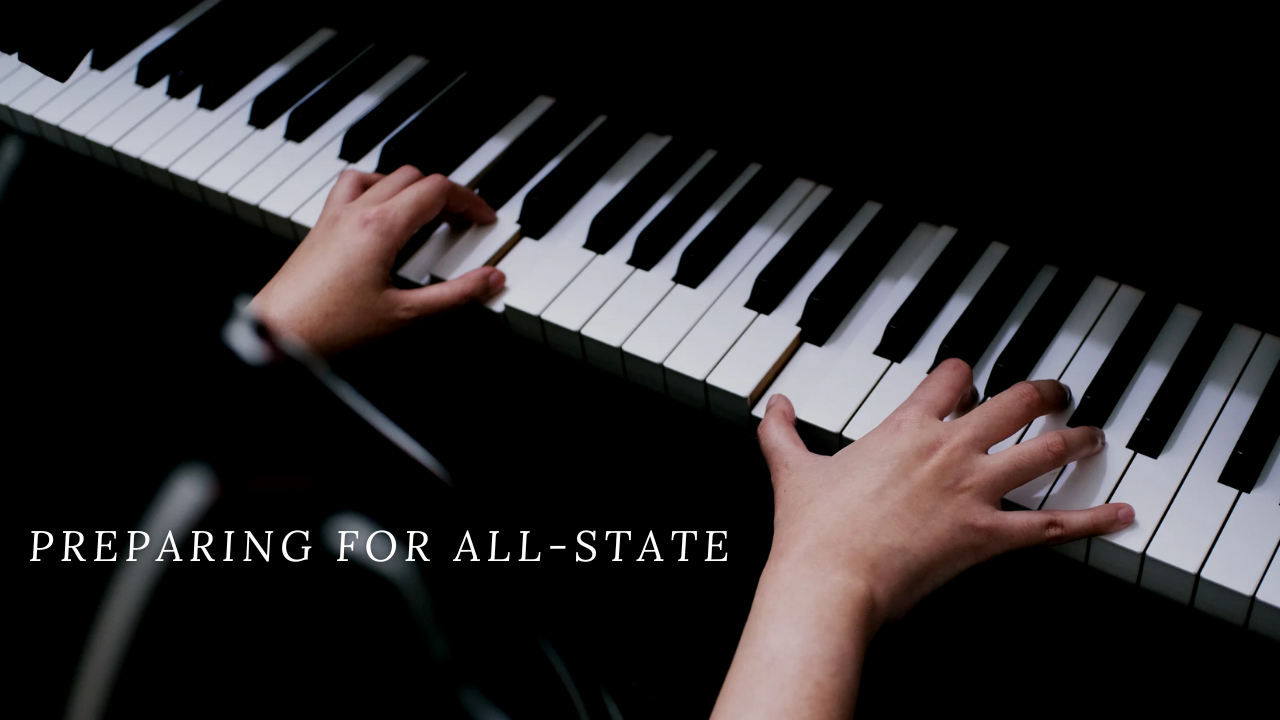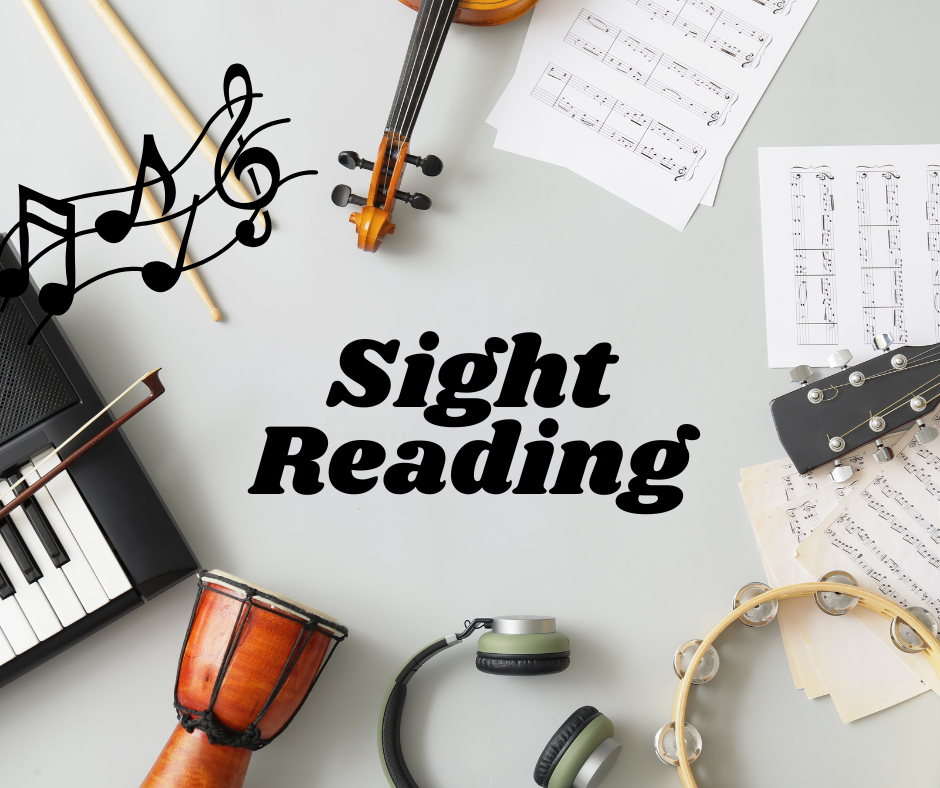
Do blind auditions (anonymous judging) achieve our goal of removing bias? Are they an excuse for not doing more to give people beyond our walls a chance? Eons ago, after pursuing music performance, I finished college with a Sociology degree and went on to graduate work in sociology and history. Thus, this question piques my interest because it deals with both subjects.
Blind judging is a tool to preserve anonymity and remove judging bias for one audition entrant over another. Bias is based on race, gender, dress, and other visual aspects, but also because we might know the person. Dancing, acting, and other tryouts can not be blind judged, but other anonymity methods are sometimes used.
Blind judging is honorable, but not as a goal in and of itself. I see two issues.
Issue One: Poor Criteria
Ever astonished when someone way less apt beats you in a "Blind" audition? The blood-boiling explanation is nefarious intentions, but unclear criteria are often the culprit. It goes one of two ways:
1. Because art is subjective, a judging panel was used to correct individual preference bias. However, without criteria (rubric, etc) outlining what to look for, judges end up simply guessing what the audition is looking for.
2. One judge is used, but that person scores based on self-determined criteria that they have decided are not subjective. For example, in jazz, one judge could feel performing written parts is more important than improvisation.
Your goal was for a blind-judged audition, but without well-defined criteria, bias would plague outcomes, resulting in the opposite of what you were striving for.
Issue Two: Subgroup-centrism
Your entire audition can be biased toward a subgroup. Some examples:
1. The audition ends up more like a job interview. Symphonies, pop bands, and productions run auditions, which finalize after reviewing the candidate's background, personality, attitude, and education. This process can be ethical and biased at the same time. We are looking for an amazing drummer who also dresses and talks like us.
2. The audition process does not result in its stated goal. For example, a school musical holds auditions looking for the best students to fill roles. Students audition believing judging is purely merit-based, but upperclassmen are given preference. Preference to upperclassmen isn't unethical, but presenting the audition as merit-based could be.
3. Knowledge of the existence of auditions heavily biases a subgroup. Have you ever wondered why an audition-emitted group is made up of similar people? Organizers can be ignorant of the reality that only their subgroup is even aware of the audition.
4. Judges have no exposure, ability to review, or respect for styles outside their subgroup. If you're seeking a banjo player who plays, looks, and talks like Earl Scruggs, your audition doesn't need open-minded judges. It only needs judges who can spot an Earl Scruggs clone. Conversely, society-wide auditions that claim to be seeking the best must-have judges exposed to many subgroups.
Conclusion
Are blind auditions an excuse for not doing more to give people beyond our walls a chance? I believe they sometimes are. The core goal sought when anonymous judging is used goes beyond simply being unable to see or know the entrant's name. Deeper issues are at play that we should all consider.

More Articles
